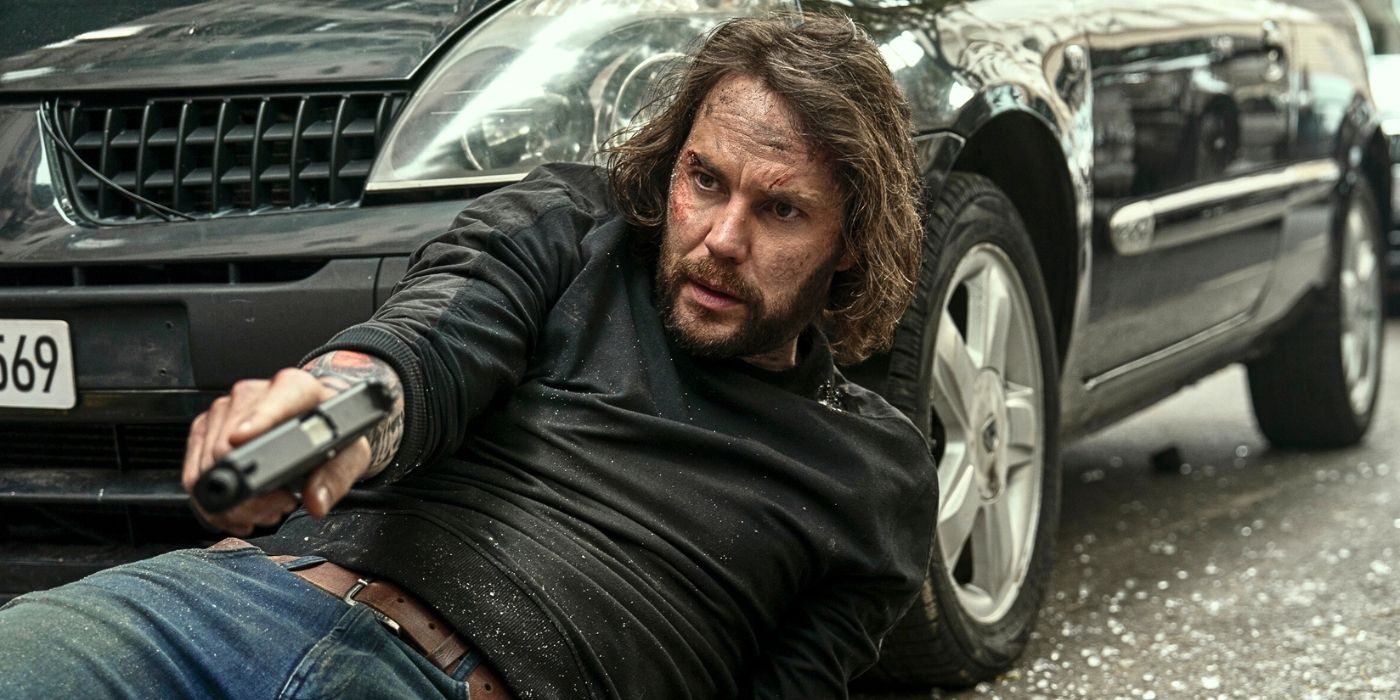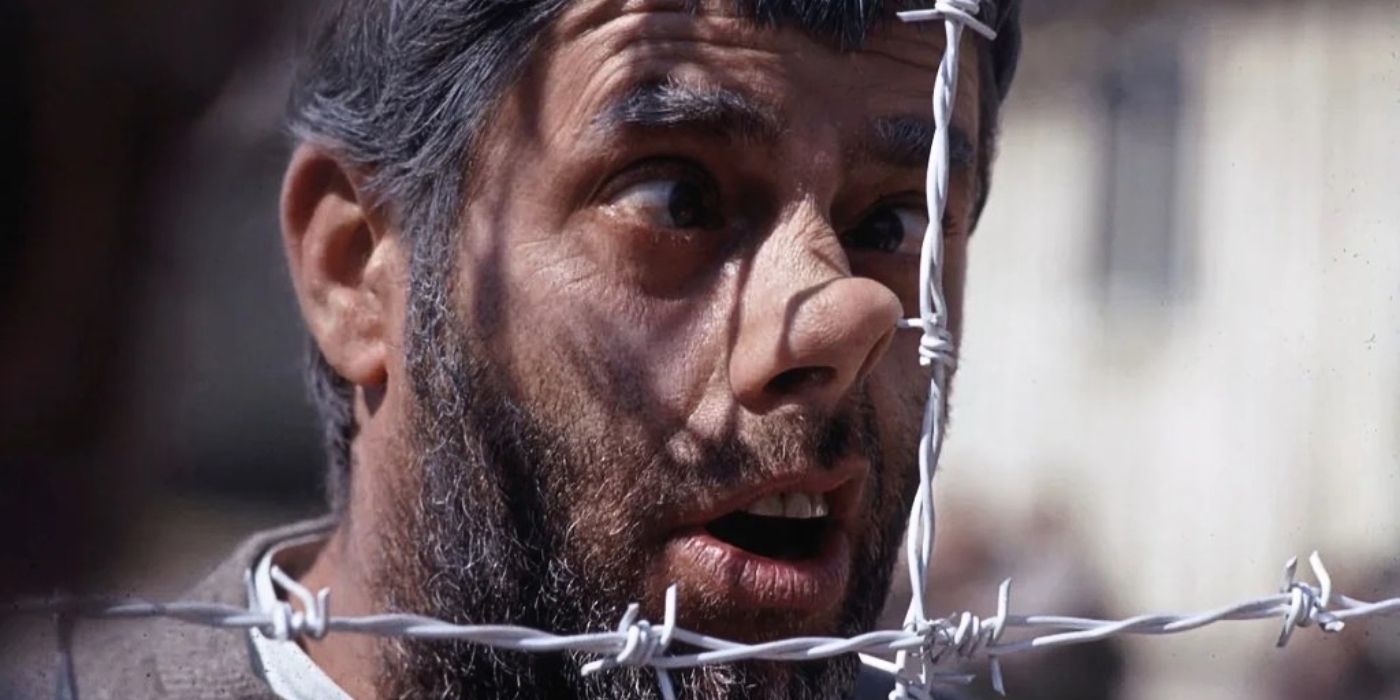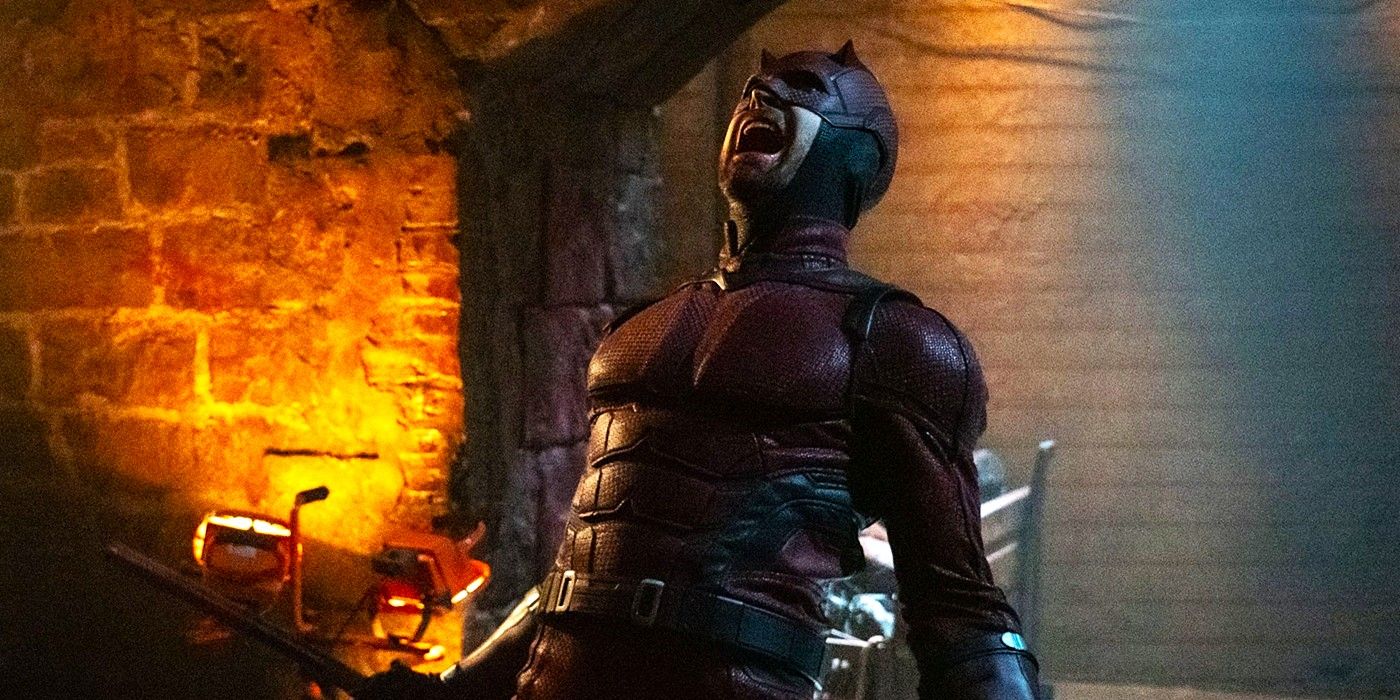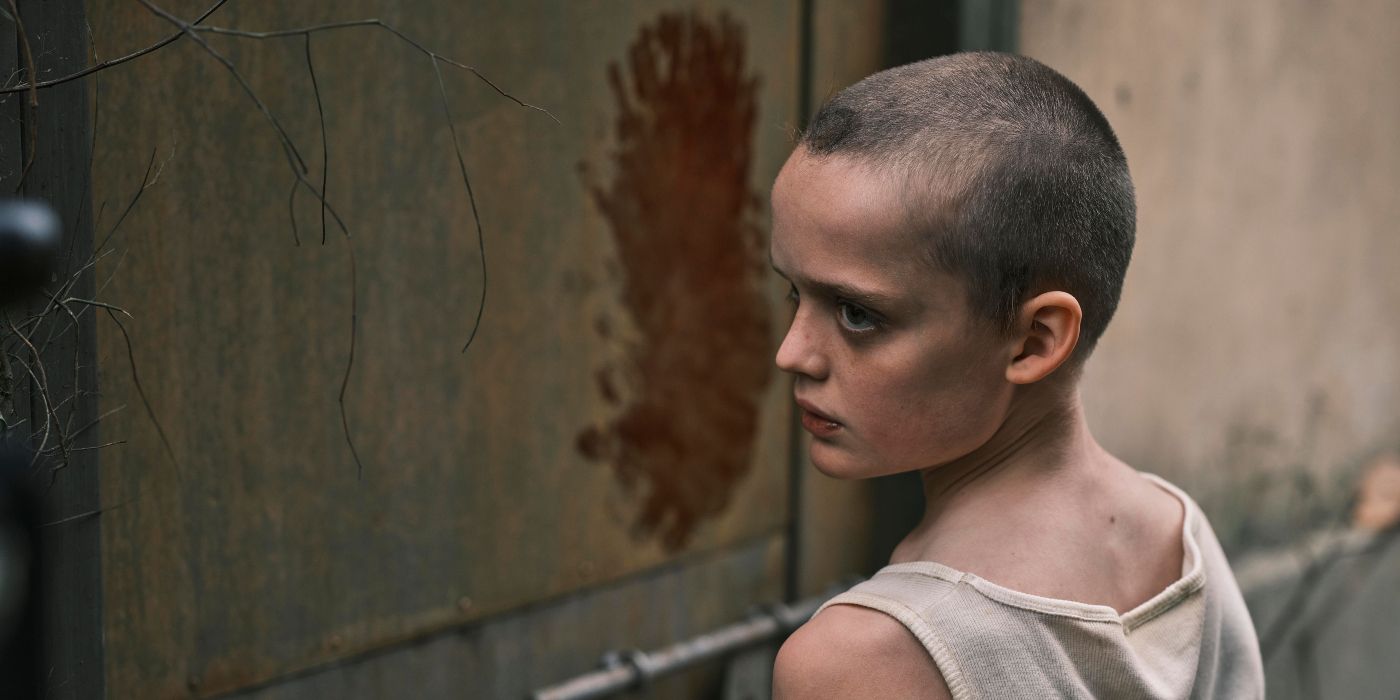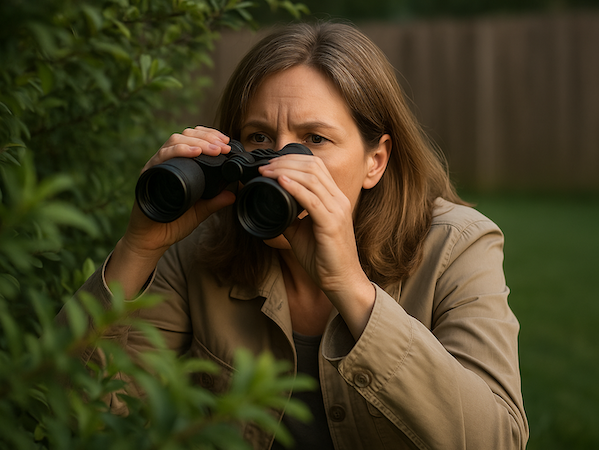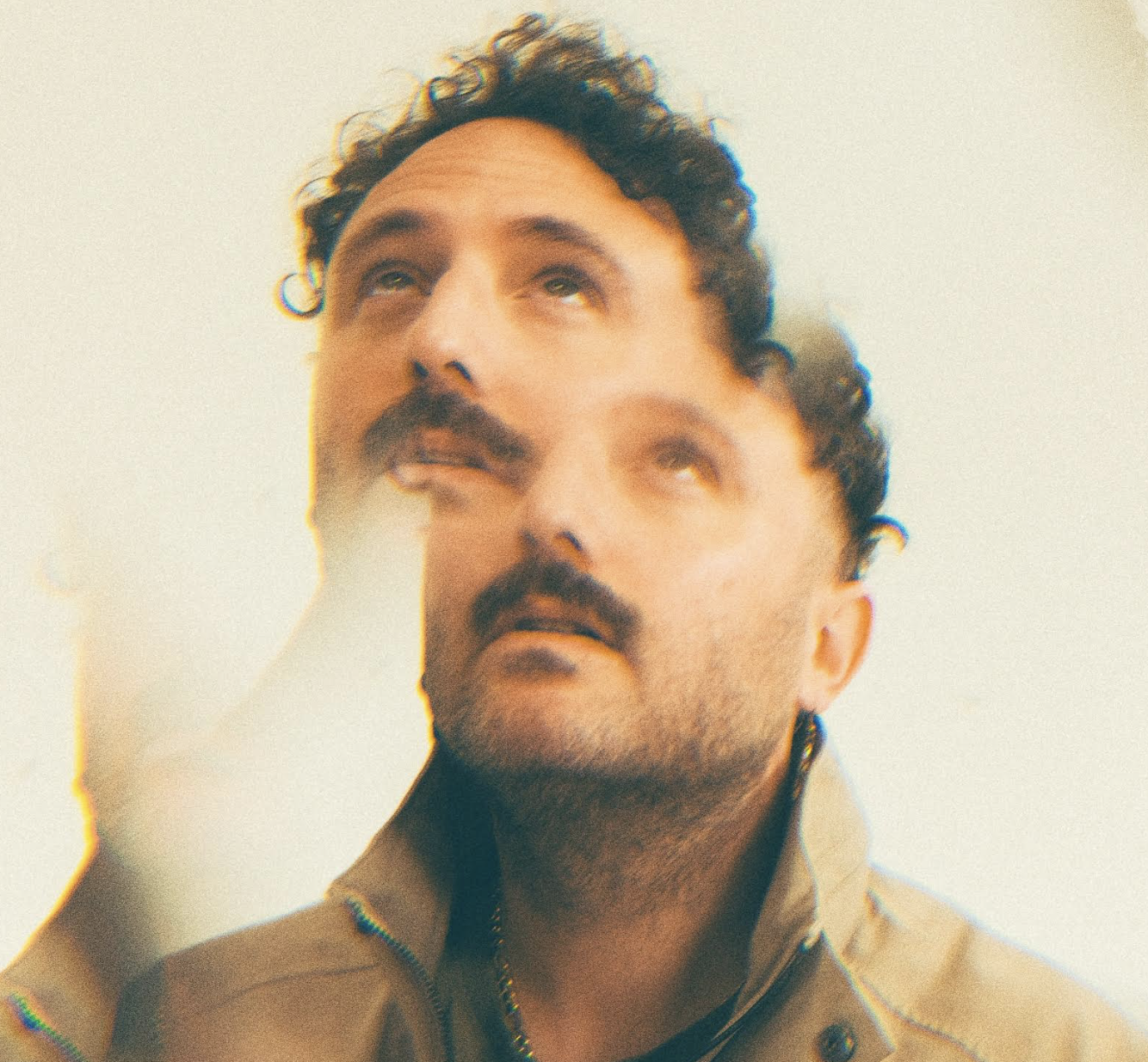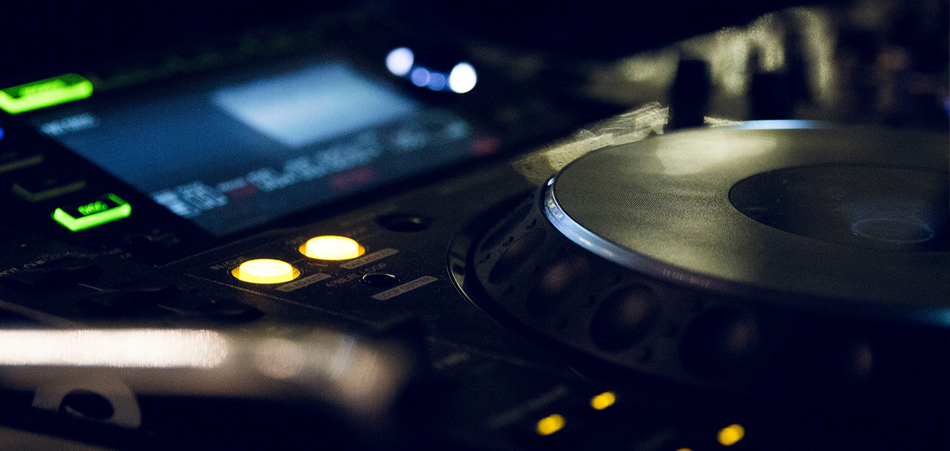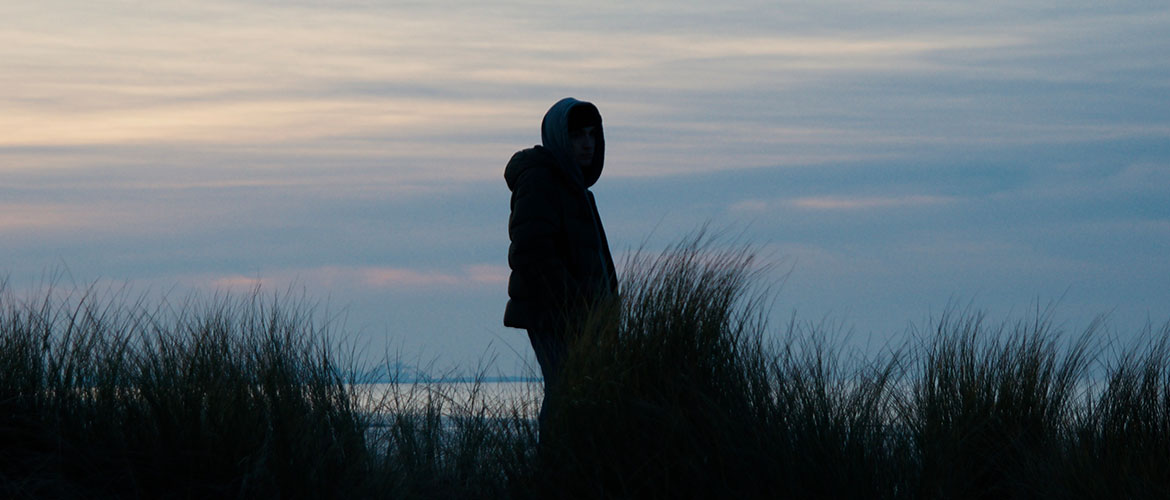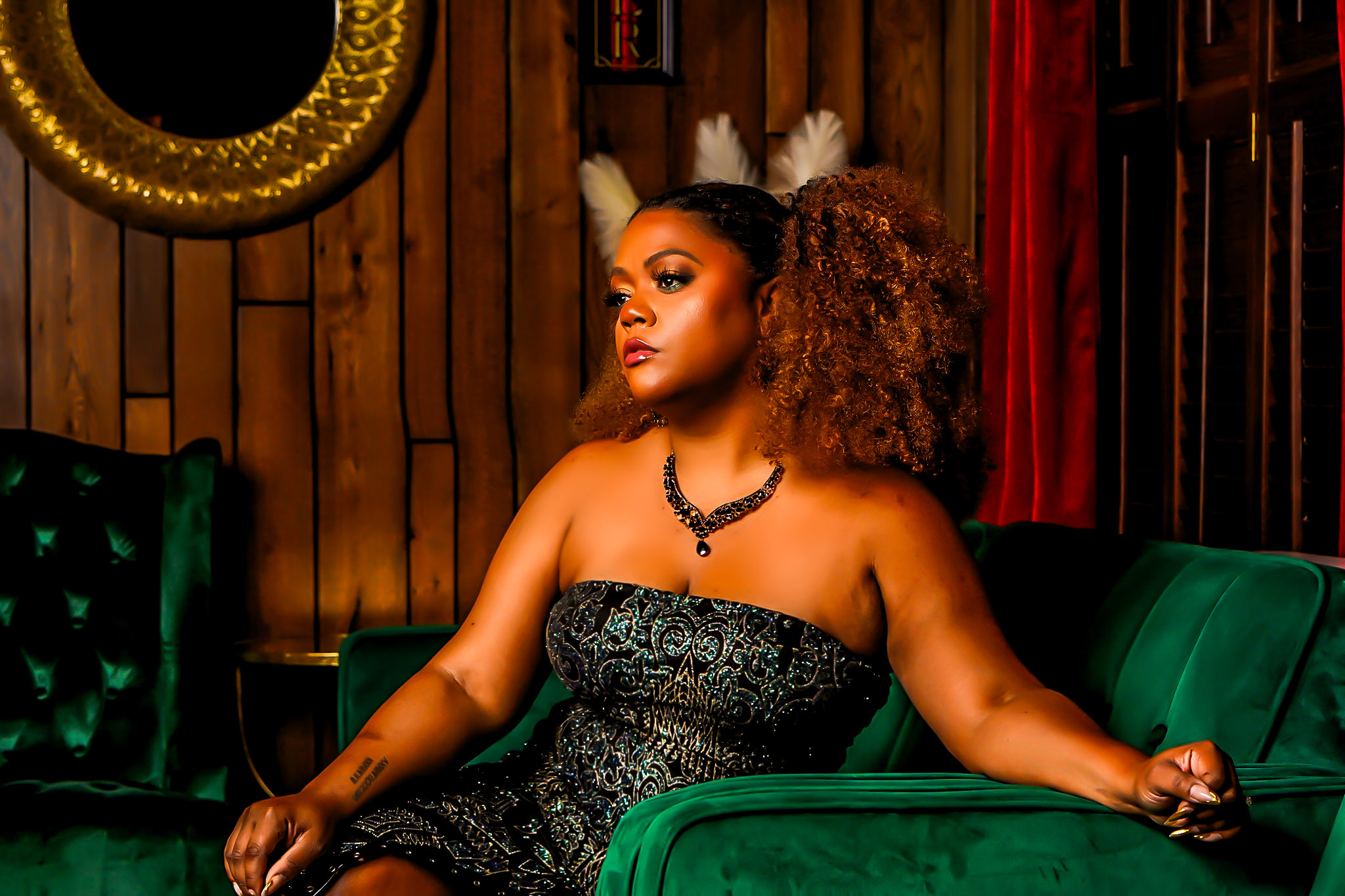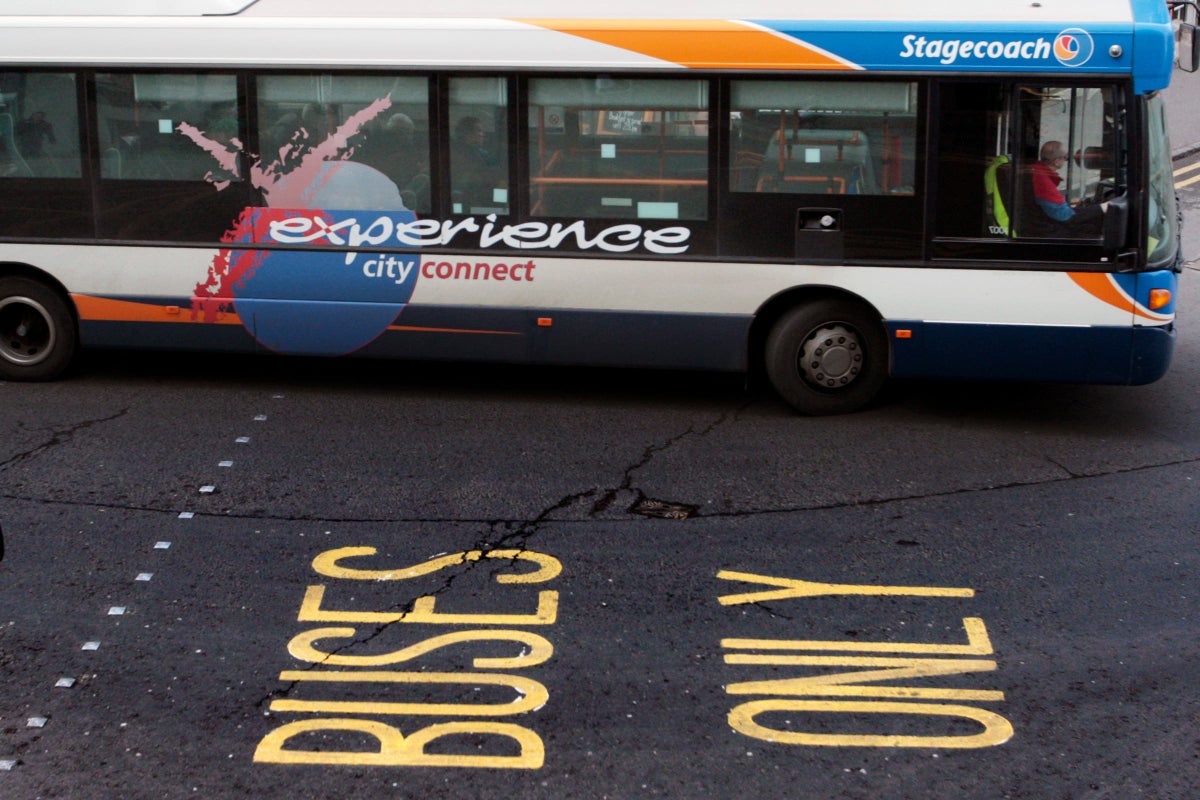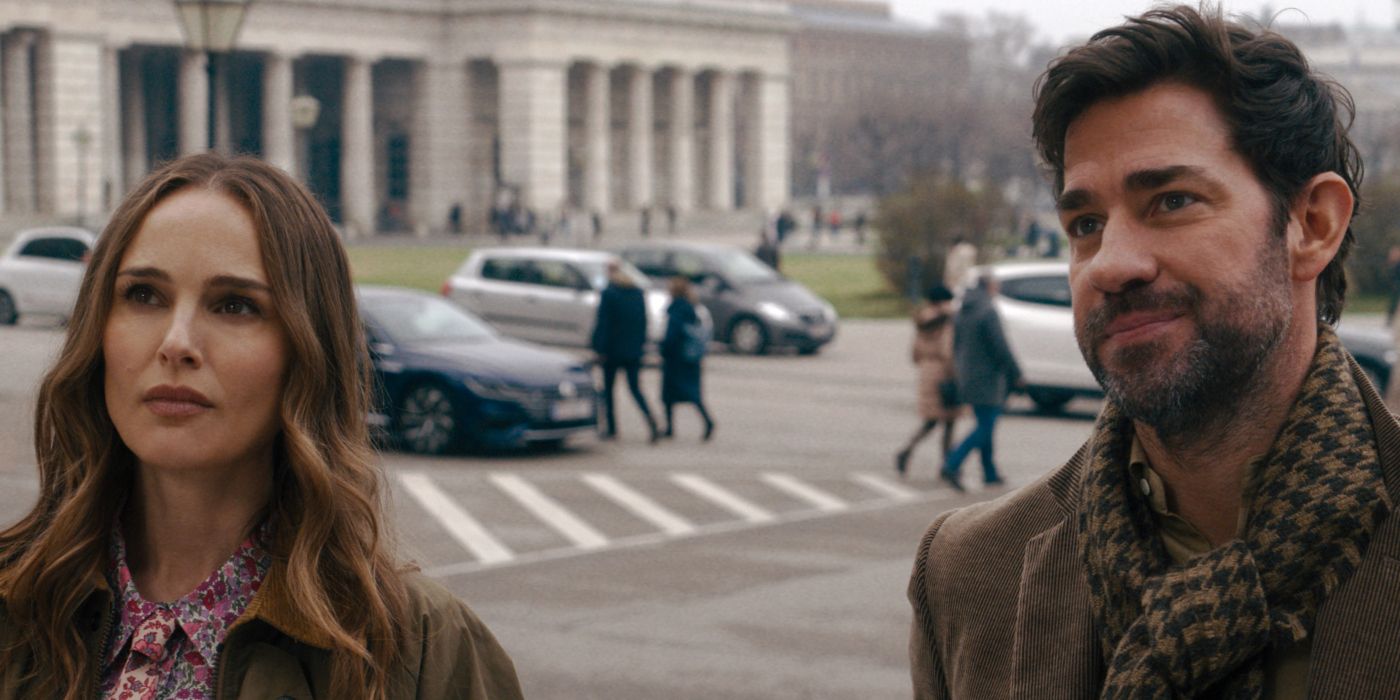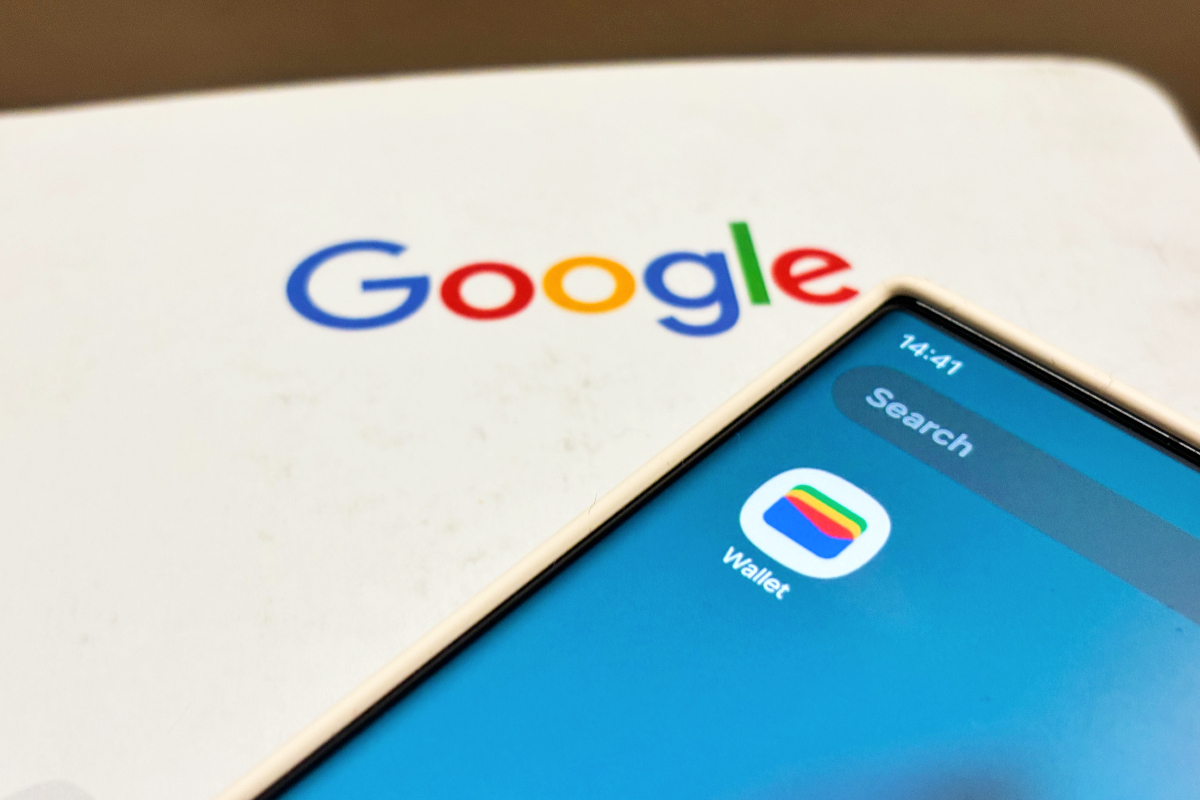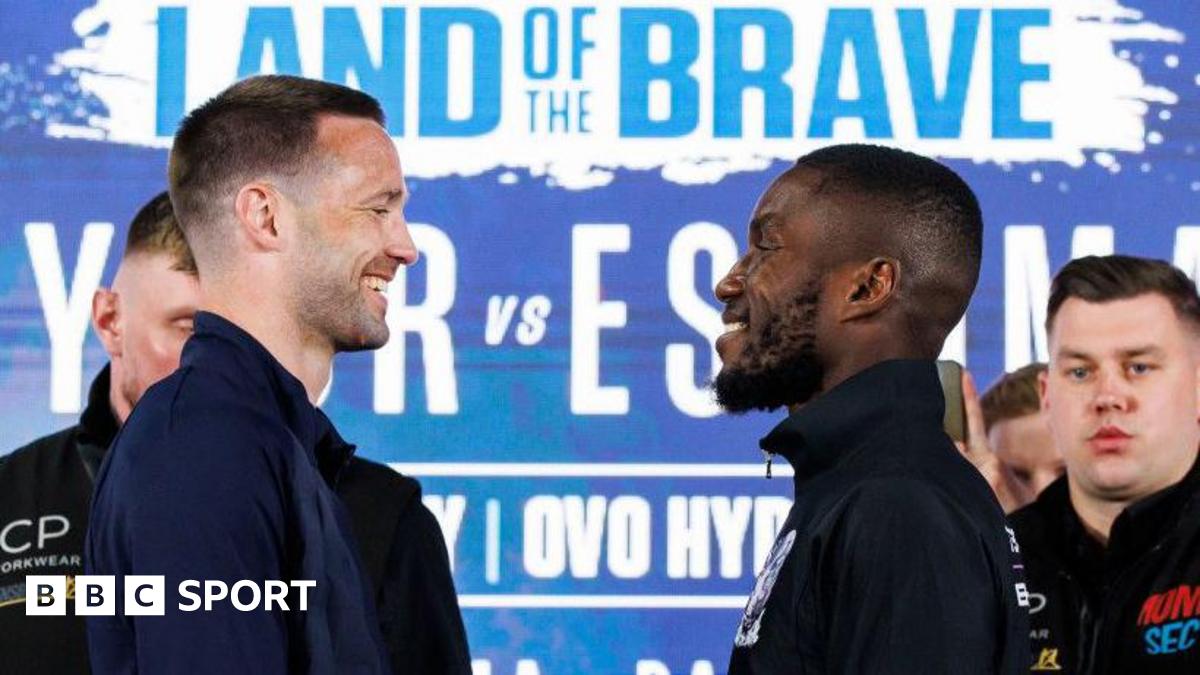Ellis Howard on the BBC’s “shocking” ‘What It Feels Like For A Girl’ adaptation: “I hope it humanises trans stories”


When Ellis Howard was growing up in a “tiny house with two sisters and a massive fucking dog” in Liverpool, the self-confessed “gobby queer kid” wanted to be an actor or a politician. The eureka moment came when he realised that storytelling – as a writer and performer – would let him do both.
Howard, the son of a frontline NHS worker and a docker, was a voracious reader who took free acting classes at local performing arts school Rare Studio. He also threw himself into the UK Youth Parliament scheme where Dr Rys Farthing, a research fellow at Oxford University, gave him funding to interview kids living in poverty.
The goal was to gather insights that might shape future policy, but 14-year-old Howard also parlayed his findings into a “verbatim piece” for the stage. “I was talking to Rys about my future and she said, ‘You don’t need to go and study politics – this is politics.'” So he parked plans to apply for university and moved to London to study drama instead.
When we meet in a Soho hotel bar that’s popular with industry types – Alan Cumming is taking a meeting behind us – Howard builds an instant rapport. His lively conversation ranges from playful gossip about Scouse icon Cilla Black to spot-on critiques of Keir Starmer’s Labour government: “They shouldn’t be taking talking points from the right wing – they should be asking, ‘How can we make people’s lives actually feel better?'”

Now, 14 years after his politically charged stage debut, Dr Farthing’s advice looks remarkably prescient. Howard’s breakthrough role in What It Feels Like For A Girl, Paris Lees’ TV adaptation of her own coming-of-age memoir, is sure to spark vital conversations about gender identity, sex work, drug use and various forms of abuse.
When her book was published in 2021, Lees explained that it was “supposed to be shocking” because it draws from her own experience of underage and teenage sex work. “We know that predatory men take advantage of vulnerable kids and we know that LGBT kids are highly vulnerable,” she said at the time. Howard thinks the same is true of the TV series, but adds a caveat: “I don’t think shocking is synonymous with gratuitous. I don’t think someone’s life [story] can be gratuitous.”
In What Is Feels Like For A Girl, Howard plays Byron, a queer teen grappling with their gender identity, who finds a chosen family on Nottingham’s ketamine-laced club scene. Lees, a writer whose work has appeared in British Vogue and NME, based Byron on herself and says the “biggest challenge” was finding an actor who could play him.
“We’re following someone who’s going from, in the eyes of the outside world, a schoolboy, right up to a trans woman starting university, and all that’s in between,” she explained earlier this year. At 28, Howard is older than Byron, who’s only 15 when we meet him, but still fresh-faced enough to portray a teenager.

Like Byron, Howard is queer and working-class. Unlike Byron, he isn’t trans, so the key was cleaving as closely as possible to Lees’ lived experience. “We’re not trying to tell every trans person’s story, because you can’t do that – [being trans] isn’t a monolith,” he says. “I mean, Byron has no language for their gender identity yet. This show is really an odyssey to finding yourself.”
Howard also points out that “some people’s experience of queerness isn’t a clearly defined pilgrimage from A to B” – instead, it remains “messy” long after they come out. “My own experience with queerness is a clusterfuck, but I had a renaissance [while] filming this show,” he says. “I felt more authentic than I’ve ever felt in my life. And I felt like I could connect with those earlier moments of Byron’s journey.”
No one would have wanted it this way, but What It Feels Like For A Girl couldn’t be more timely. It premieres on BBC Three just six weeks after the UK’s Supreme Court ruled that the legal definition of a woman is based on biological sex, a blinkered decision that will almost certainly make the UK’s trans community even more marginalised.
Reaching for a positive, Howard suggests the series could act as a balm. “I hope it humanises trans stories, but also that it blows the doors off so that more trans stories get made,” he says. “I also hope that it provides some levity to other Byrons out there.” After all, it has an implied happy ending: Lees is now a successful writer steering the TV adaptation of her own book.
Howard was “desperate” to be involved and says he’d have jostled for a spot in the writers’ room if it hadn’t clashed with his 2023 stage role in To Kill A Mockingbird. Instead, he spent nine months auditioning to star in a series that he approvingly calls “a dangerous proposition”.
“This is why we need public service broadcasters like the BBC – because who else takes these risks?” Howard says, leaning in closer as he gets more animated. “I feel like jobs like this are generational, sadly. It’s an incredibly authored, queer, working-class story where we really get under the fingernails of a community we don’t often see on screen.” Howard pauses, barely, for a quick sip of his breakfast tea. “But it’s told with all the scale, colour and comedy of a big epic show. It takes a really massive swing.”

Howard is passionate about working-class issues. During the pandemic, he posted eloquent social media videos explaining how COVID-19 was disproportionately affecting people from low income backgrounds. “We weren’t all doing yoga and taking up baking,” he says today. “I was an unemployed temp worker who was fucking skint.” Whenever a viewer tipped him through a payment app – his boyfriend’s idea – it helped to chip away at his overdraft.
Howard’s videos struck such a chord that he experienced his “first Mariah Carey moment” – well, almost. When a stranger approached him during a dog walk, he readied himself for a compliment, but was asked instead: “Are you the guy who makes those videos? They’re fucking weird, them.”
In 2021, Howard’s fortunes improved when he landed a small role in Help, Jack Thorne’s blistering TV film set in a COVID-stricken care home. “I got to play rough and meet [co-stars] Stephen Graham and Jodie ‘fucking’ Comer,” he says with a grin. “But also, I got to be part of something political.” Since Help, he’s levelled up again with a larger part in 2022’s teen horror series Red Rose and his 2023 stage run in To Kill A Mockingbird.

Still, What It Feels Like For A Girl is his most prominent role yet and should widen his platform even further. With this in mind, it seems fitting to end with a political question. In December 2023, Howard posted an Instagram video lamenting “another winter in a Conservative world”. Does he think things feel different since Labour came into power last July.
“It does feel different. Do I love them? No,” he says. “If it was up to me, I’d have a deep left government and a wealth tax yesterday,” Starmer has also backtracked on trans issues: in April, the PM’s spokesperson confirmed that he agrees with the Supreme Court’s definition of a woman. “They’re focusing on the wrong one per cent,” Howard says. “We’re facing down a climate apocalypse, AI is going to completely restructure our society and the world is sliding into fascism. And what are they doing?” He takes another sip of his breakfast tea. “Look what you’ve done, you’ve really got me started…”
‘What It Feels Like For A Girl’ is available to watch on BBC Three from June 3
Photographer: David Reiss
Stylist: Michael Miller
Groomer: Sandra Hahnel
The post Ellis Howard on the BBC’s “shocking” ‘What It Feels Like For A Girl’ adaptation: “I hope it humanises trans stories” appeared first on NME.
What's Your Reaction?
 Like
0
Like
0
 Dislike
0
Dislike
0
 Love
0
Love
0
 Funny
0
Funny
0
 Angry
0
Angry
0
 Sad
0
Sad
0
 Wow
0
Wow
0




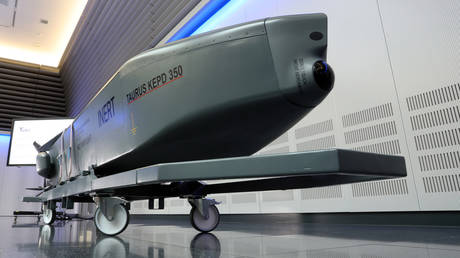
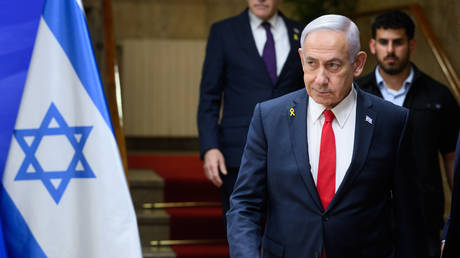
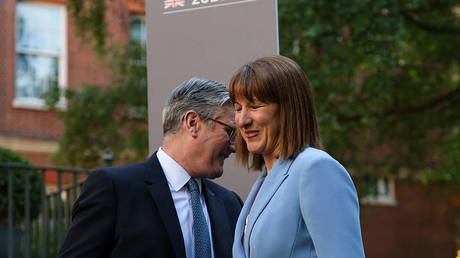
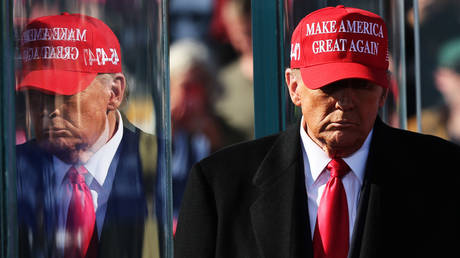





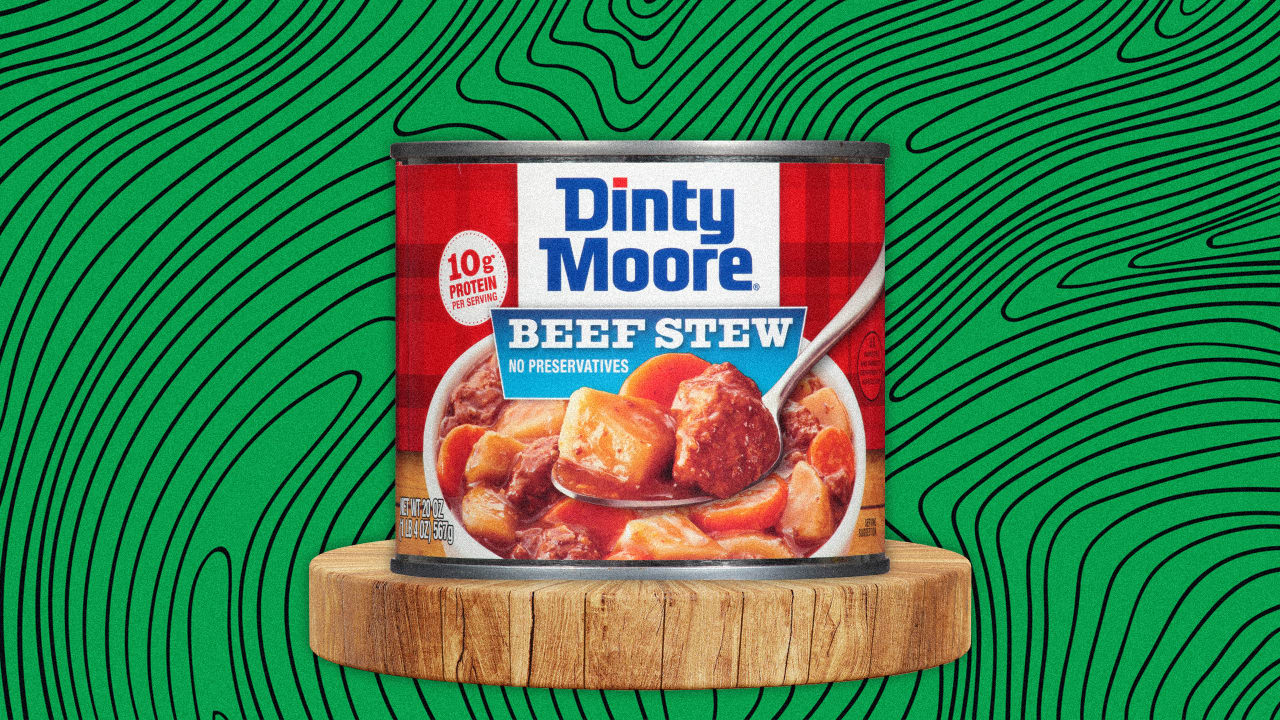

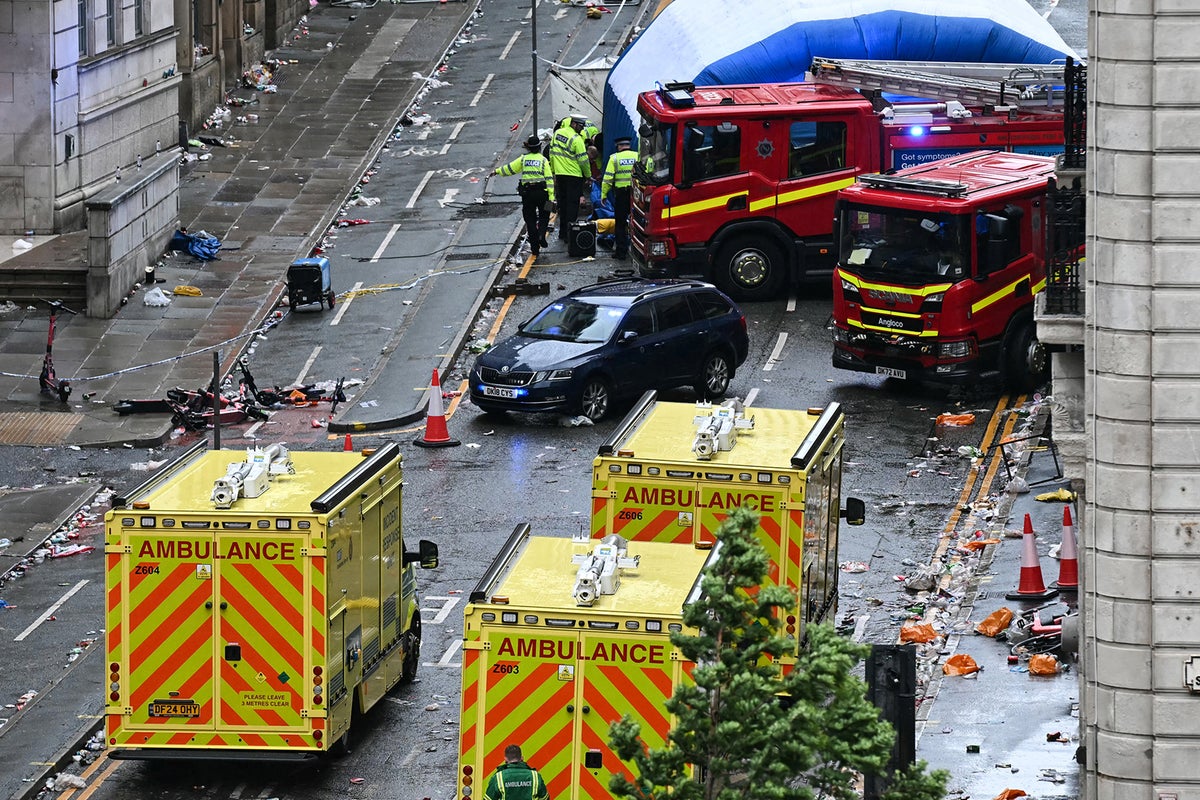







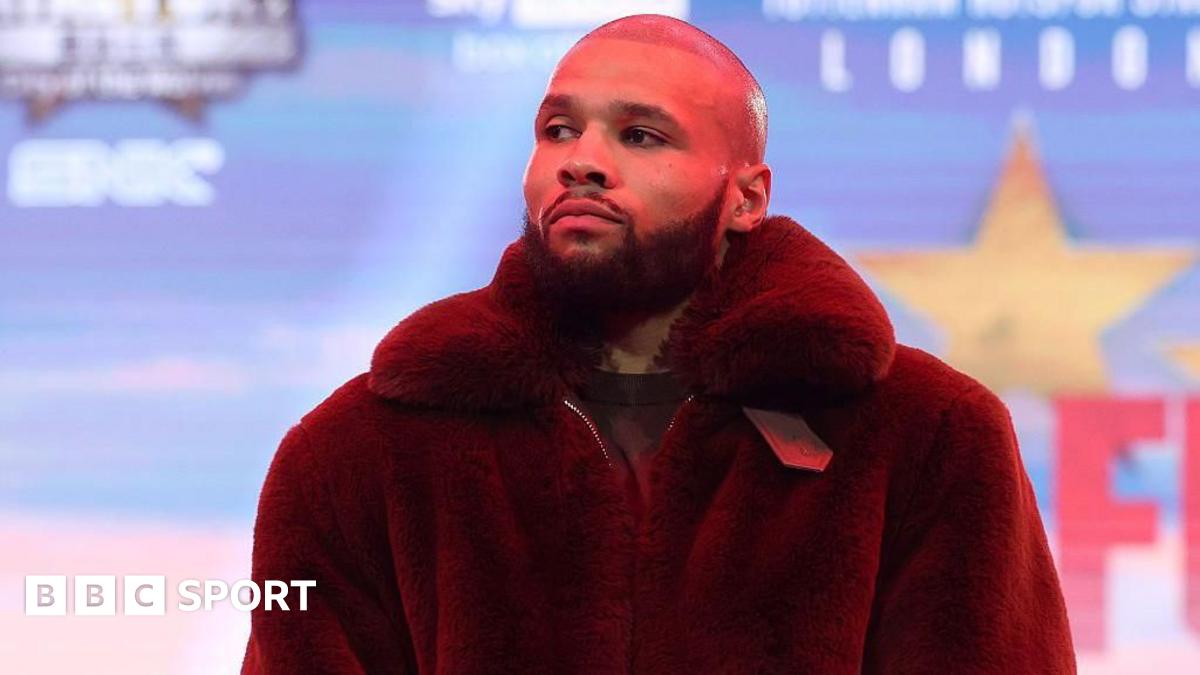
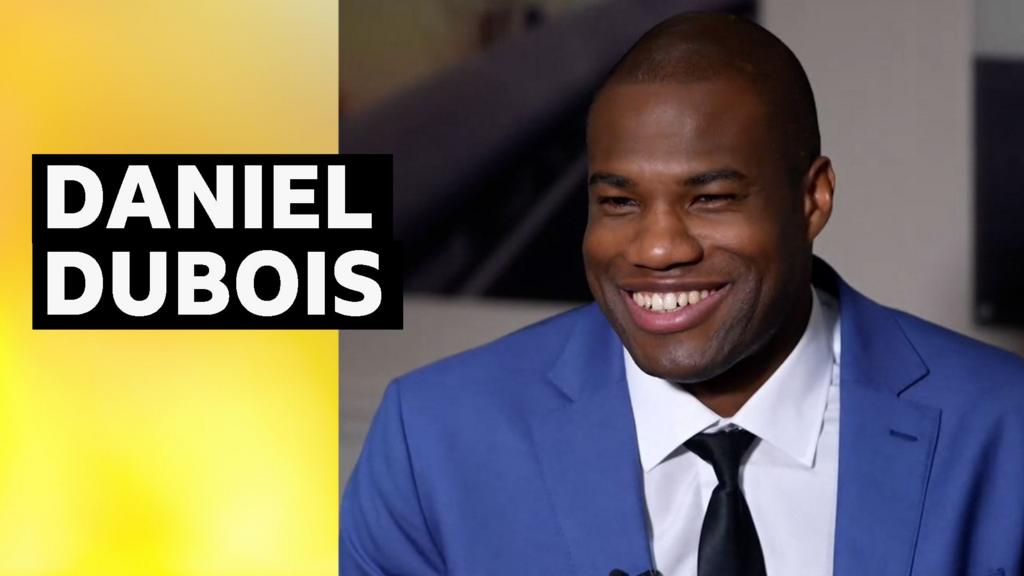
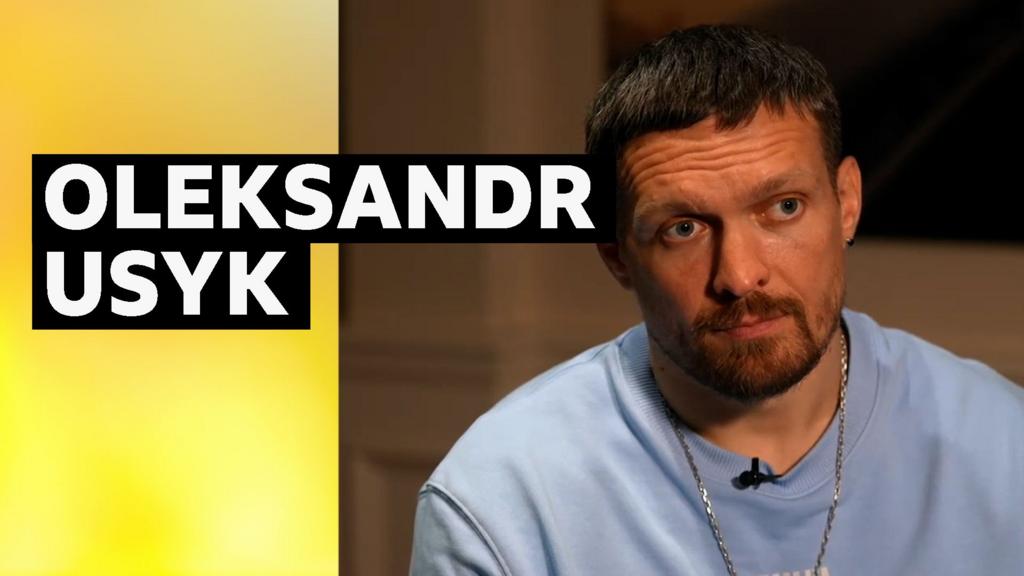
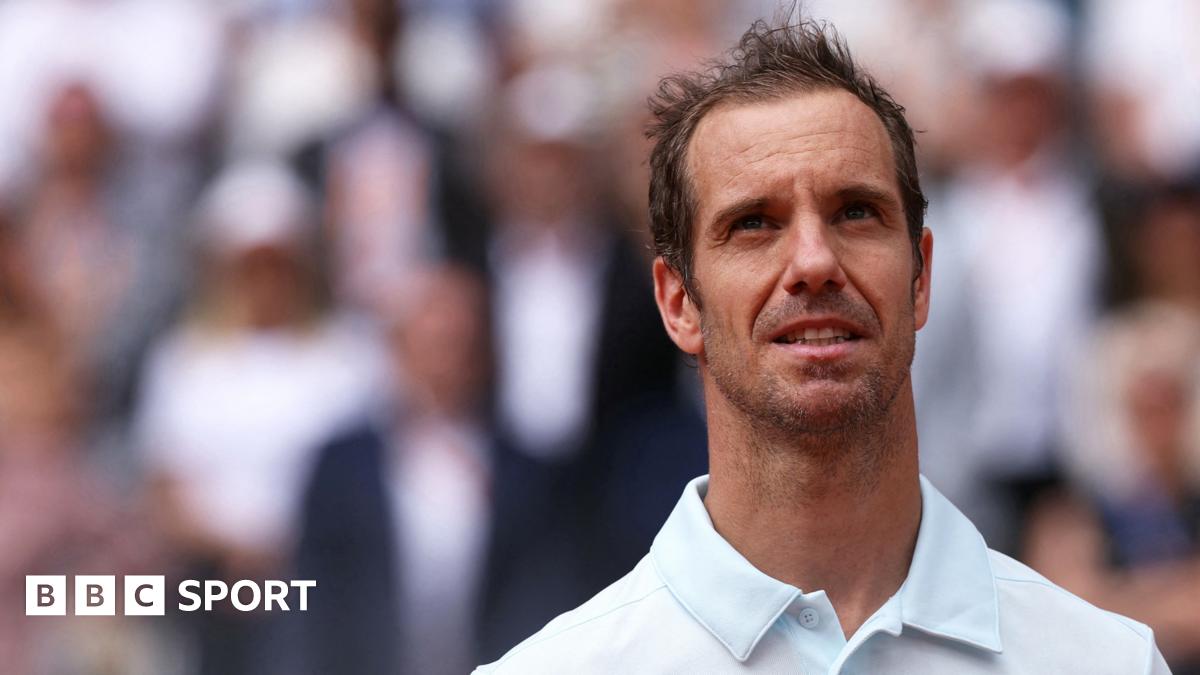








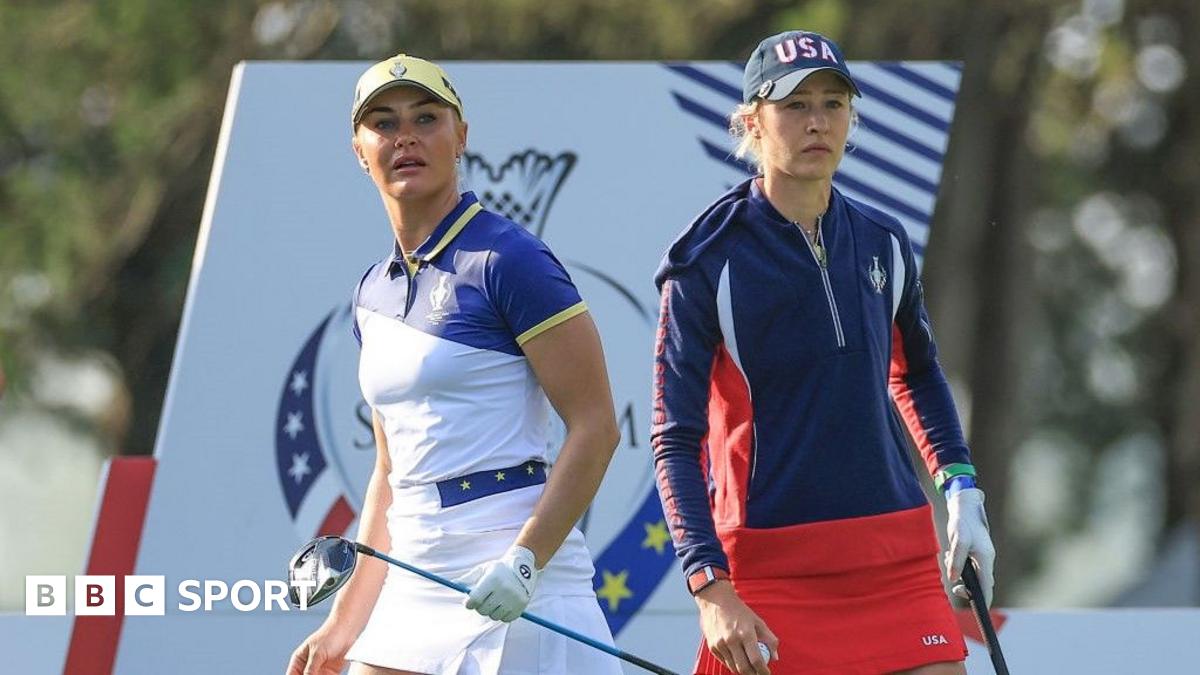
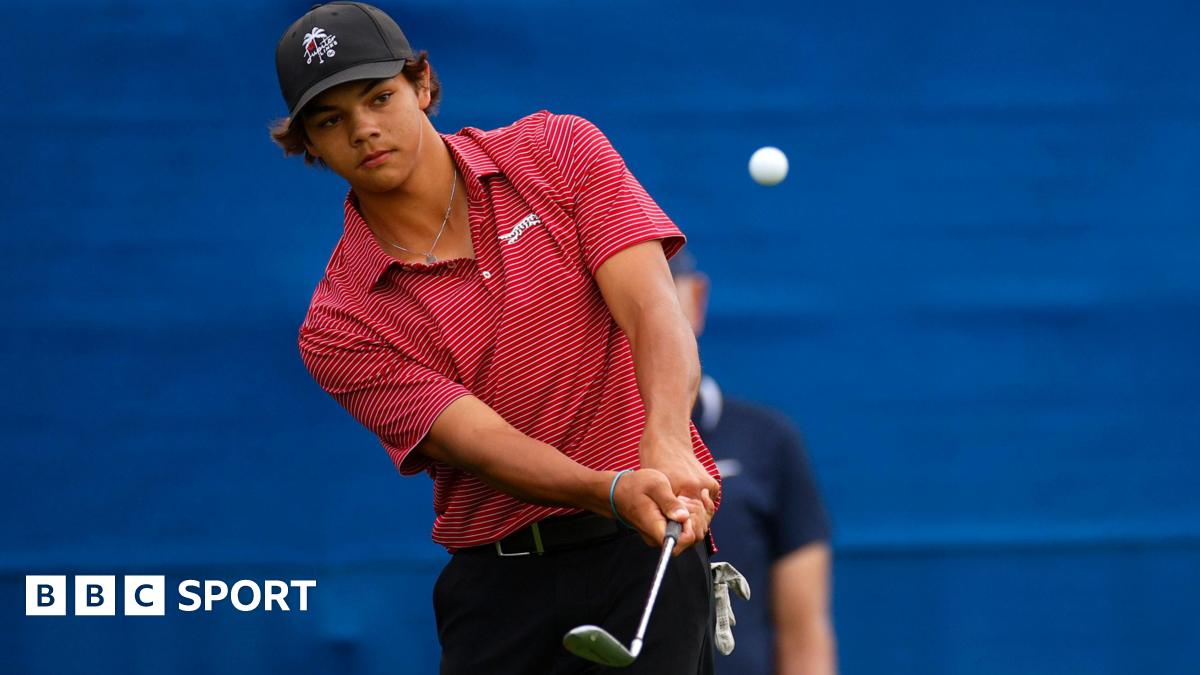
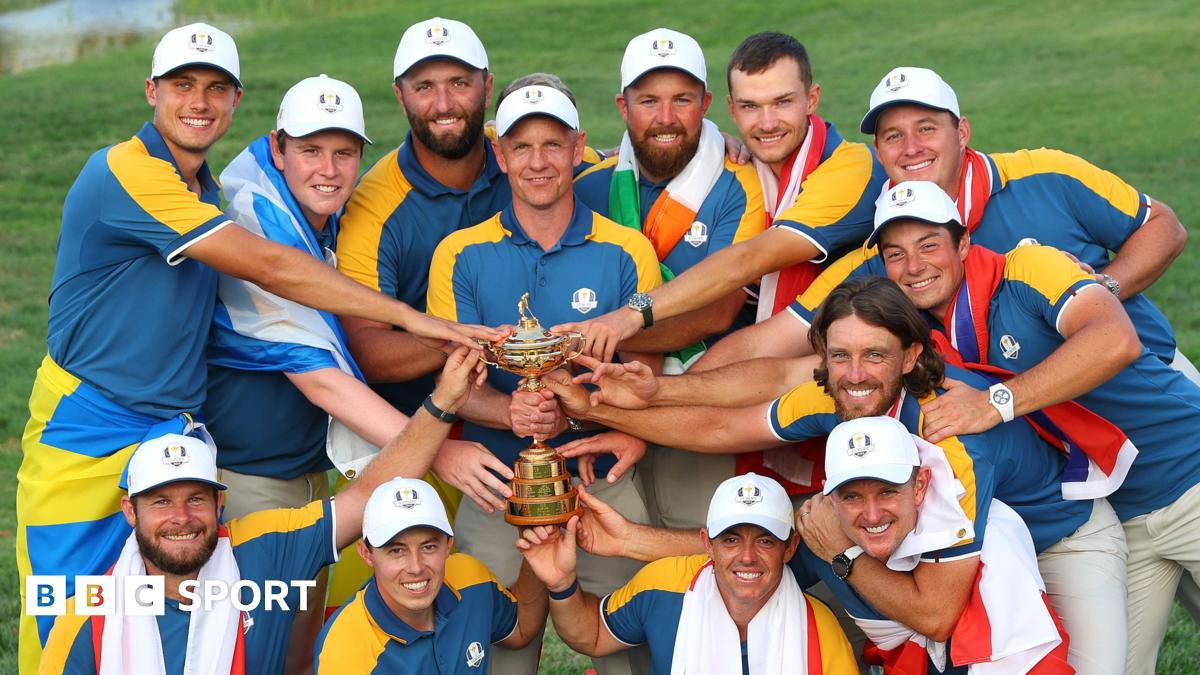
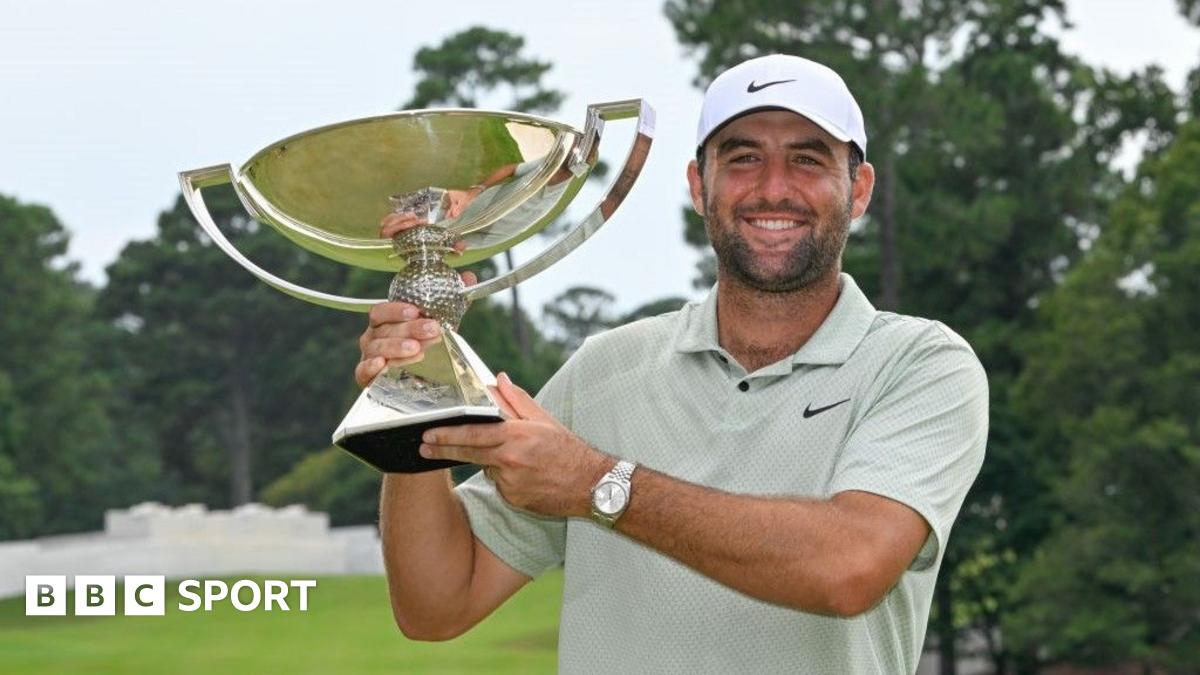
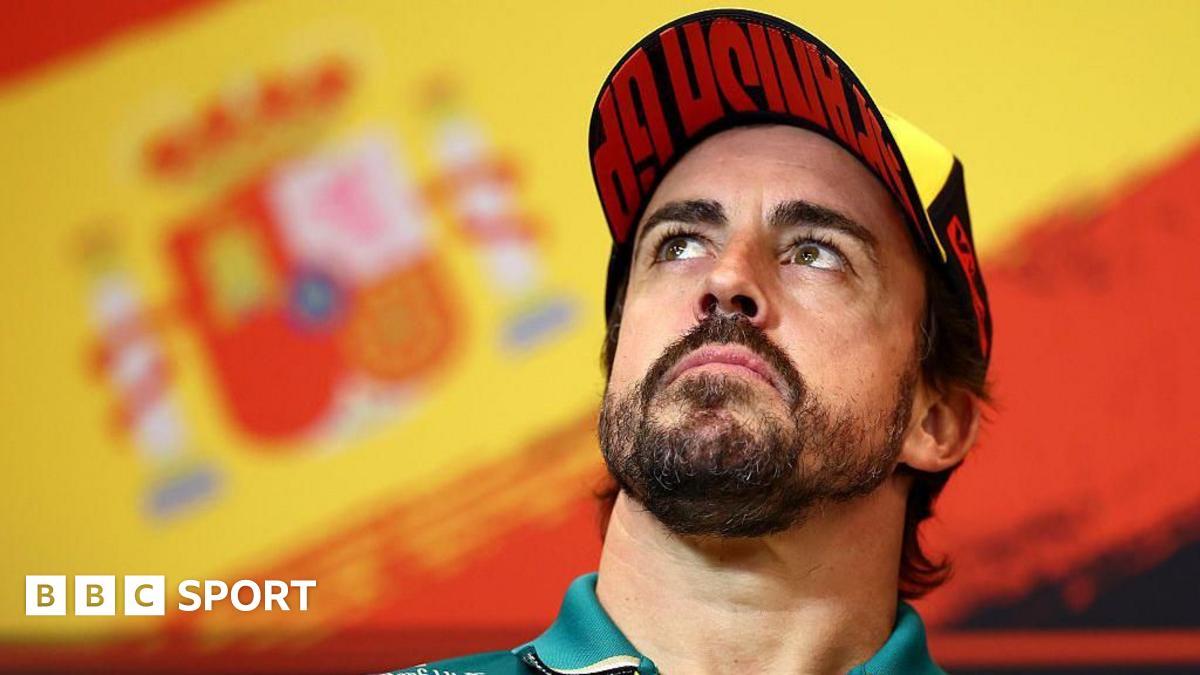
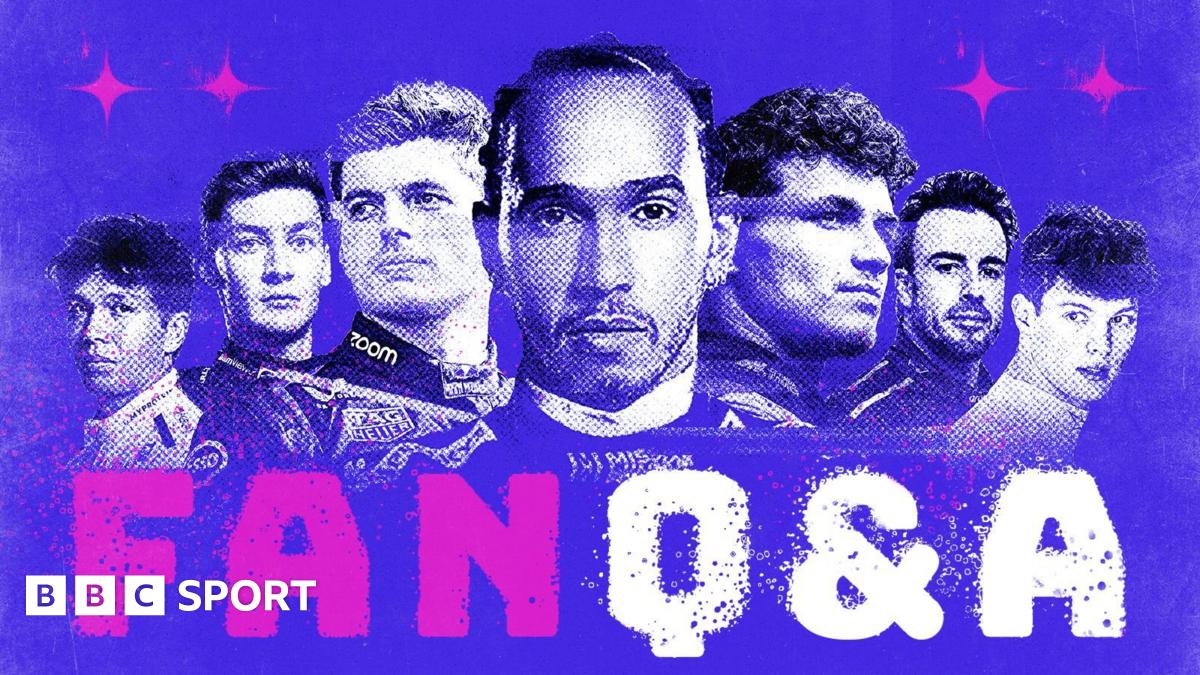
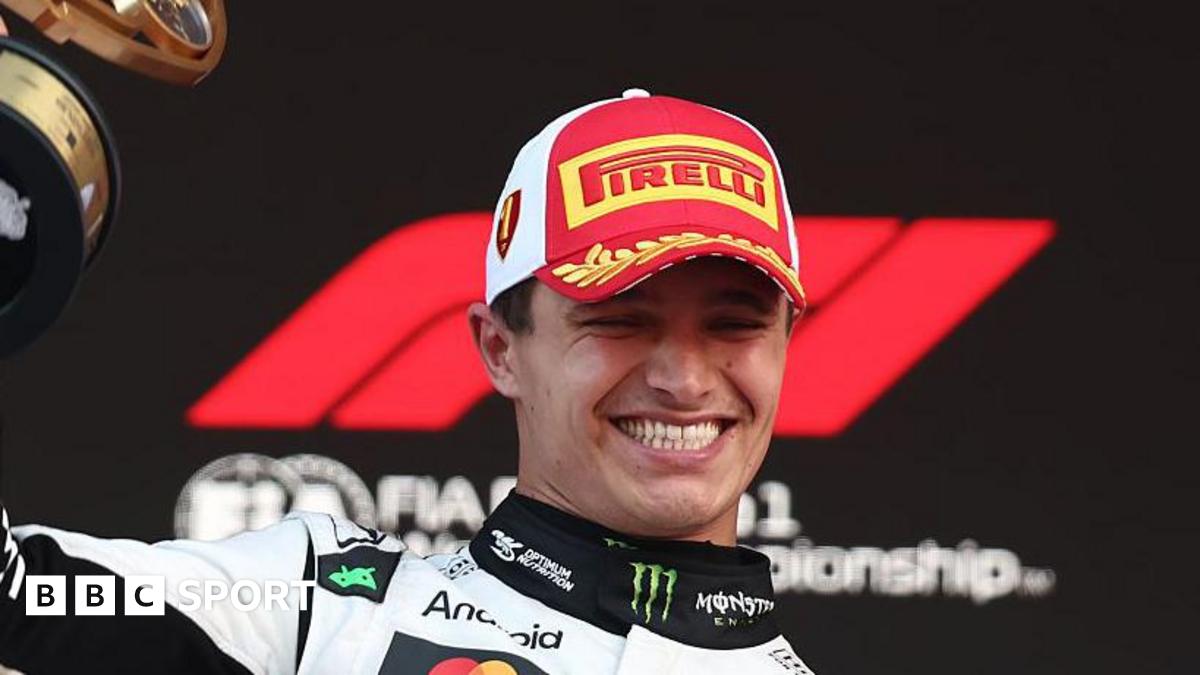

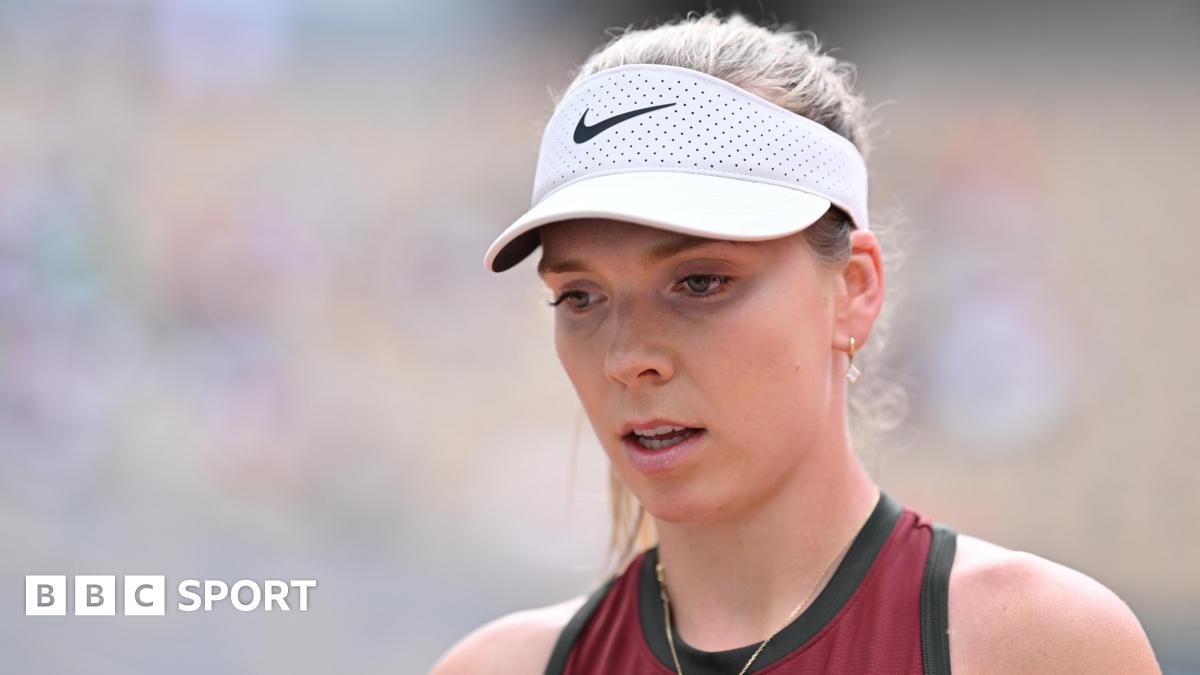
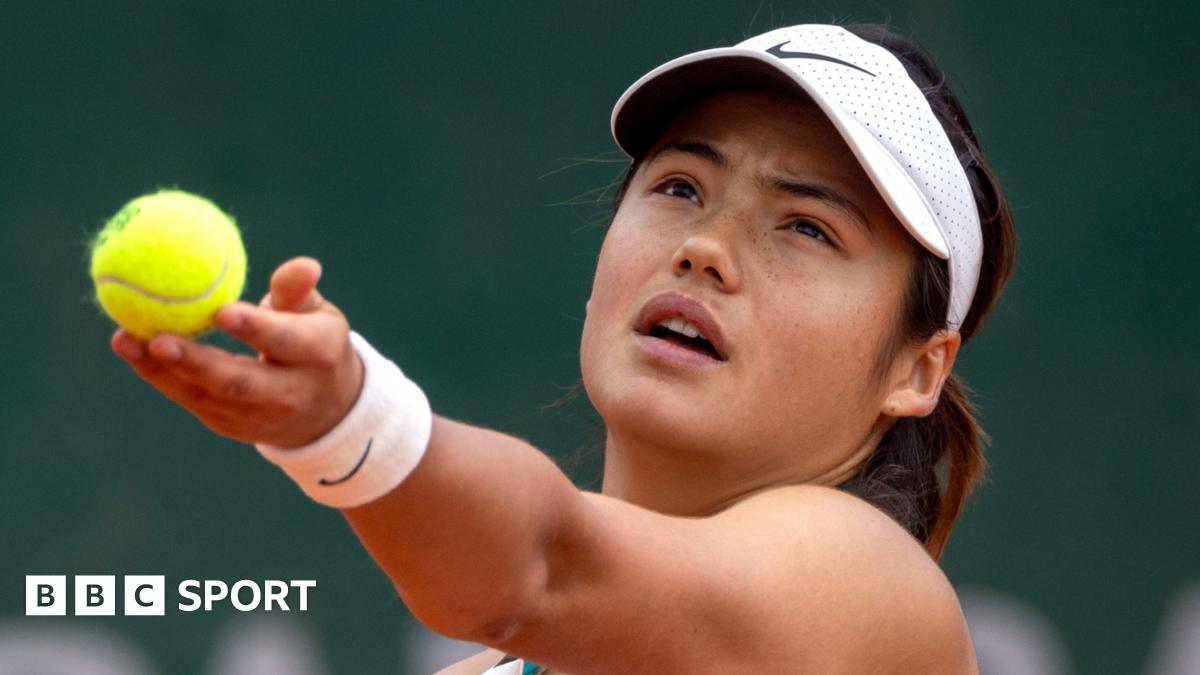
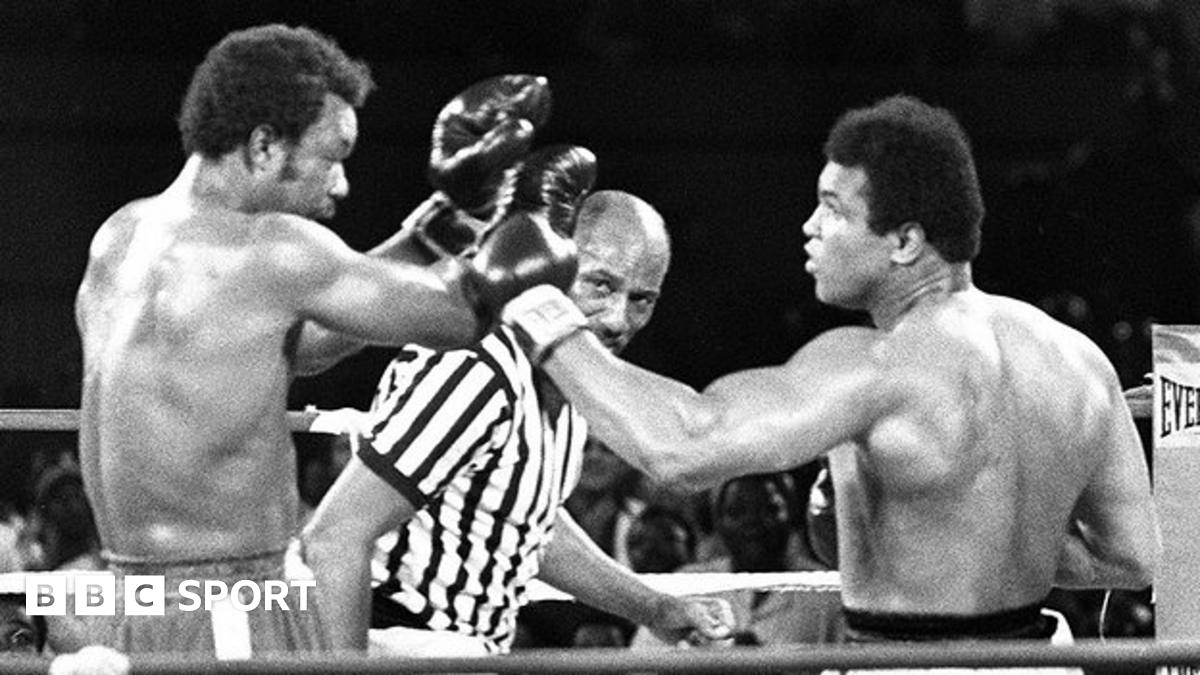
![Law & Order: Organized Crime Makes Us Fear That [Spoiler] Is a Goner, Then Hints at the Death of a Different Stabler — Read Recap](https://tvline.com/wp-content/uploads/2025/05/law-and-order-organized-crime-season-5-episode-8-recap.jpg?#)
